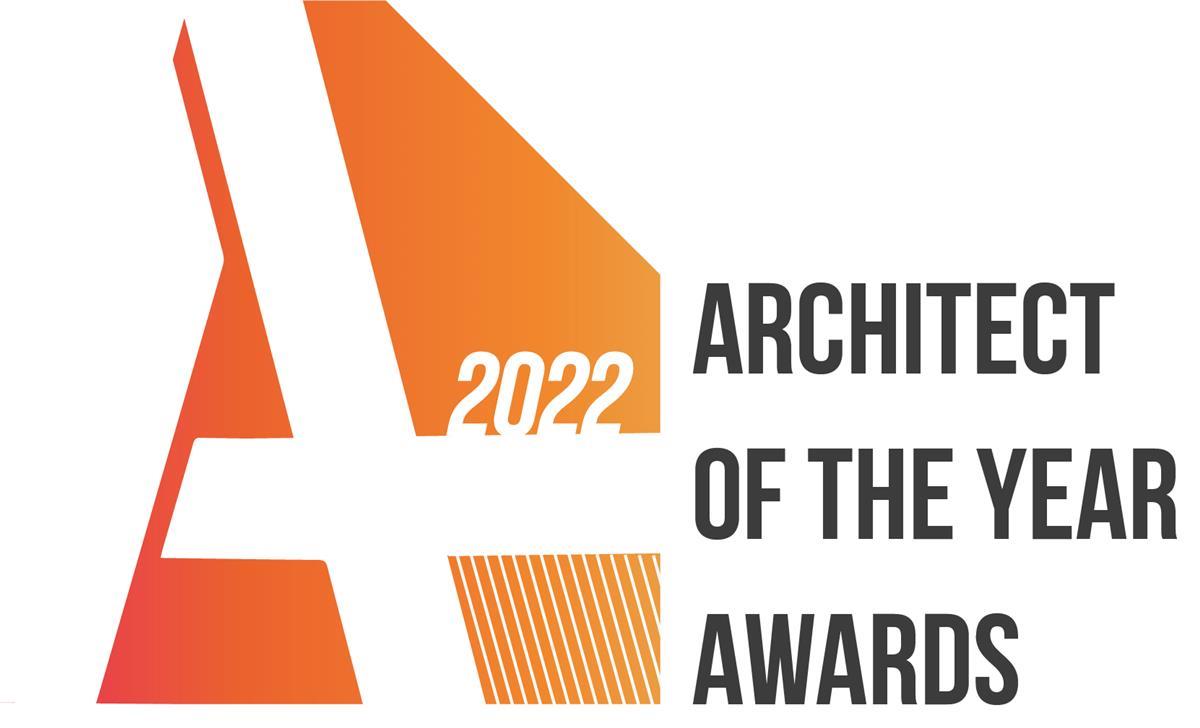Dodging questions can have devastating consequences, writes Eleanor Jolliffe

Yesterday, in the middle of an article on medieval masons, I found a throwaway line. The author didn’t elucidate. They moved on to the main point, but I couldn’t. At this stage I was five hours into book chapters and journal articles and slightly drunk on other people’s words; everything seemed profound so I just scribbled it down and moved on. This morning I saw it again – and it still feels important.
“Everyone who has had experience in the building trades knows that construction work proceeds on the basis of answering questions, that is, of making and implementing decisions on the innumerable technical problems that arise during construction.” (LR Shelby)
This may not feel important or newsworthy to anyone else. Perhaps it just caught me at a moment in my career when the balance between being the questioned and the questioner is beginning to shift. But it seems one of the simplest explanations of being a good architect that I wish I had seen before. It doesn’t presume to suggest answers – stylistic or technical – but it does imply that good architects need to have them.
Here arises the problem. Answers assume greater knowledge on the part of the questioned than the questioner. As I progress, the answers to the questions people ask me generate more expenditure – of time, of materials, of energy… of money. The stakes are raised. No longer is it, “Would you like a cup of tea?” (The answer to which is never no.)
My niece (nearly three now) has recently discovered the power of questions: that she can stall bedtime, getting dressed, or any of those other highly inconvenient aspects of her life with one word: “Why?
Questions are marvellous because they shift the responsibility and the timeline for a problem to somebody else. Some of the best people I have worked with are the people who answer questions; some of the worst are those who refuse to – not necessarily because they don’t know the answer, but because they are not prepared to be responsible for its outcome.
我认为这里也出现了整个行业一直面临的问题,并在围绕格伦费尔和未来《建筑安全法》的剧变中重新认识到这个问题。在图纸、规格、会议上回答问题意味着知识,以及随之而来的后果和法律责任。我们还不知道《建筑安全法》会怎么说,但2021年的经济衰退、英国退欧和监管改革似乎不太可能让胆小或过于自信的建筑师给出自己的答案。
All this pondering on questions has made me regretful that so little of my education equipped me to answer the ones I am asked. I don’t blame my university – they taught me very well within the confines of the educational criteria the Arb and RIBA asked them to teach. I was excellently equipped on questions regarding use of Photoshop, how to “fix” or “commentate” on a societal problem in a fictional building project, and fairly well versed in presenting shaky logic or design proposals to people with more knowledge than me. Which is not nothing. However, I entered practice with very little real understanding of the principles surrounding the appropriate use of materials, of Building Regulations or of how buildings go together. Part III helped, but the people around me in the office everyday helped more.
This article about masons I was reading talks about their role, and how they got it. The master masons of medieval Europe were the architects of their time. They usually rose through the ranks of stonecutters with an inherent understanding and technical knowledge of the main building material of their time. Their role was to design and oversee construction, making wooden moulds for others to guide the cutting of the stone- describing, ordering and overseeing – answering all the questions.
Now obviously we find ourselves in a very different context – but I do wonder if the way architects practise today outsources too many questions. Modern construction is infinitely more complex and regulatory than the medieval building site so there is no reason one person should be able to answer all the questions. But are we prepared enough, bold enough, and preparing the rising generation enough, to answer the questions we shouldn’t be outsourcing?
















5Readers' comments